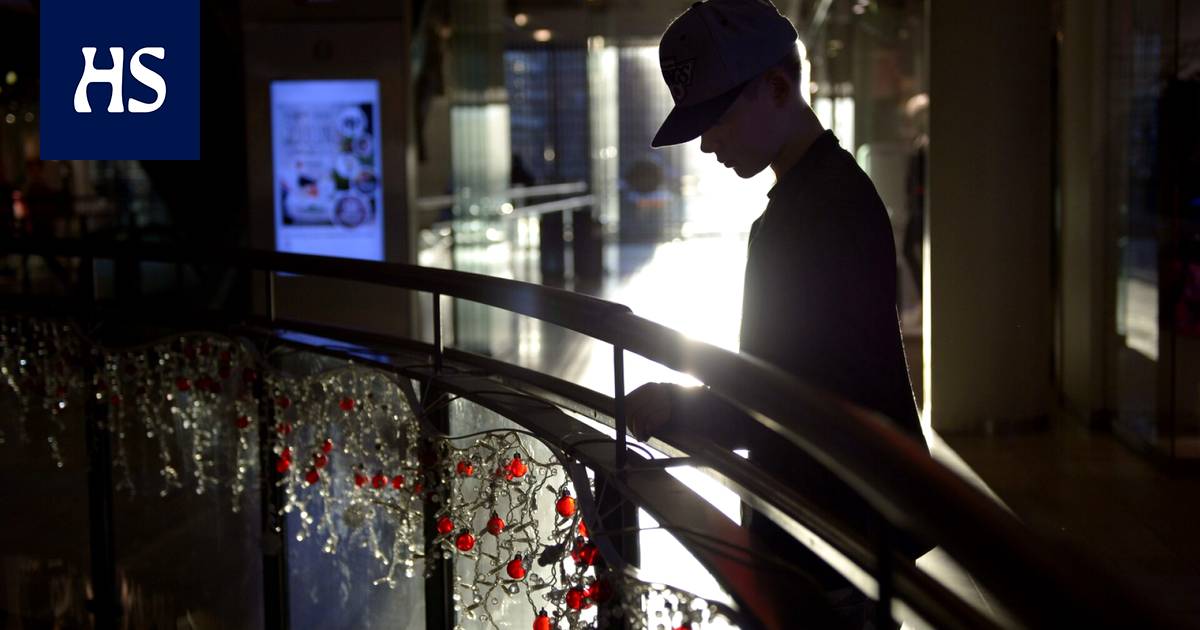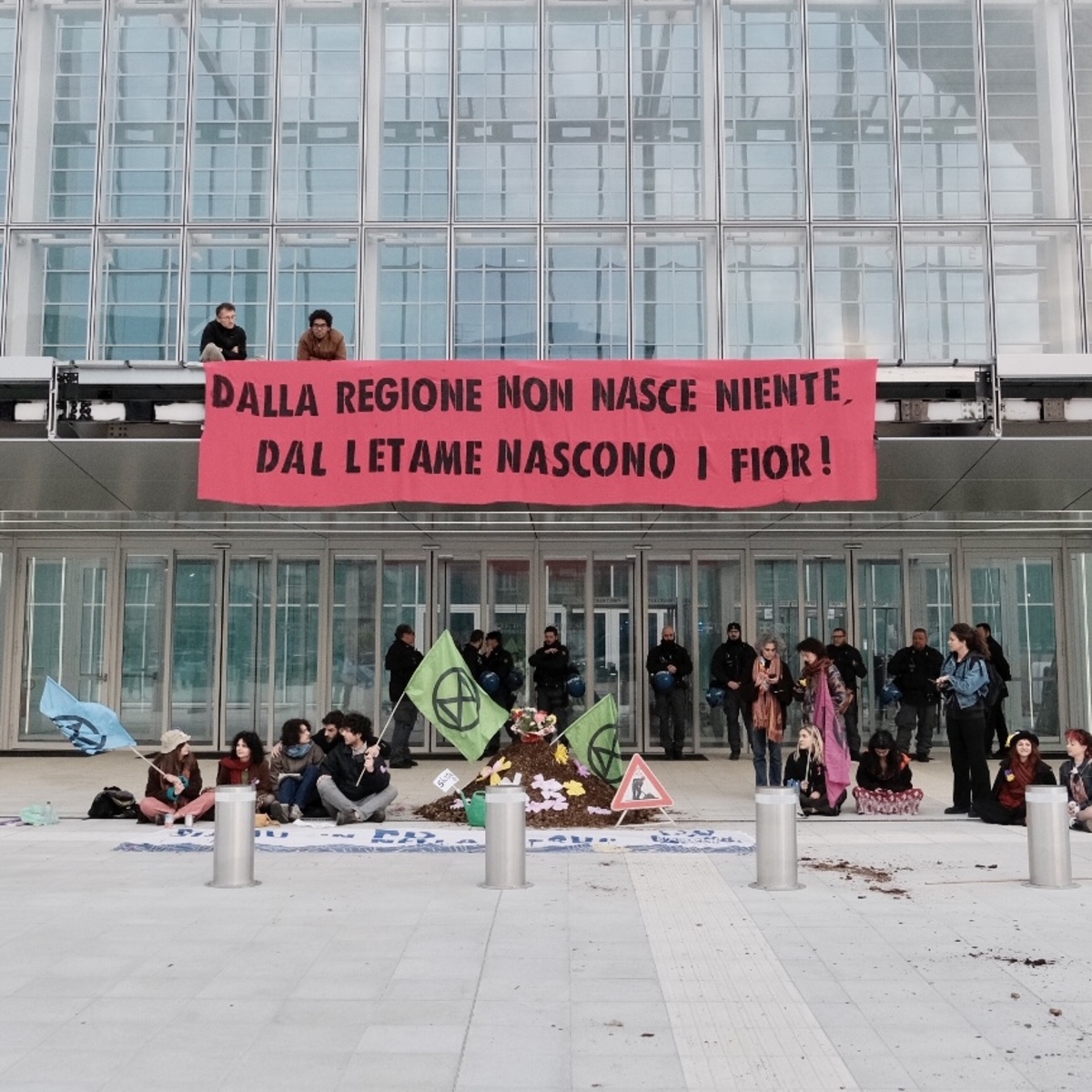Tatjana Pajamäki, MLL’s helpline and digital services manager, would like children to be challenged to understand what being left out causes to another.
With a sixth grader With Milo12, used to have a few good friends with whom he interacted almost daily.
Suddenly these guys didn’t even want to be his friends anymore, and Milo was left alone. He still doesn’t quite know why.
“It was sad, I didn’t really know what I should have done then,” says Milo.
Loneliness also continued at school. If group work was done in class, the same friends were allowed to be in the same group, so Milo felt left out.
Also outside of school he often spent time by himself. In his spare time, he likes to draw, for example.
His privacy therefore, Milo only appears in the story with his first name. HS also interviewed Milo’s mother, who also does not appear in the story by name due to her child’s privacy.
Milo the mother says that she noticed her child’s loneliness and raised the issue with the teacher. This brought up the matter with former friends. The curator also asked the friends for a discussion.
“The teacher did try to intervene by talking to the classmates, which I saw as positive, but it didn’t affect anything,” says the mother.
At the same time, the corona epidemic worsened the situation, because at school you could only interact with your own class.
“According to the teacher, Milo might have had a like-minded group in the second grade, but because of the corona, recess was held separately,” he says.
Milo says that he spent the breaks alone at first, but eventually found one friend to spend time with.
Milo’s mother says that she felt powerless in the situation, because it is difficult for a parent to intervene in friendships at school.
“I didn’t really know what else I could have done other than talk to the teacher.”
Milo and his family have since moved to another town, but Milo and his friend still keep in touch by phone. They have also spent the night at each other’s houses.
“
“Even the fact that a parent can bear the child’s grief helps the child.”
Mannerheim Children’s Protection Association (MLL) helplines and head of digital services Tatjana Pajamäki tells that a feeling of parental powerlessness is common.
It is important for the parent to support the child in friendships, but also in a situation where the child has been left without friends.
“Just the fact that the parent can bear the child’s sadness, even if the situation could not be changed otherwise, helps the child,” says Pajamäki.
Pajamäki says that often children also try to ease their parents’ worries and do not necessarily tell about their experiences of loneliness. Friendlessness and loneliness have long been persistent topics in MLL’s children’s and youth’s phone and chat.
According to research, one in five children faces loneliness at some point in their childhood. It becomes a longer-term experience for about one in ten people. According to Pajamäki, the start of school is a time of special risk.
Pajamäki would like children to be challenged to understand what being left out does to another. Solving the situation is often left to the responsibility of the lone child, even though it is a matter for the whole community, says Pajamäki.
“The whole arrangement should be turned the other way around. There are those who are left out, but there are always those who leave out.”
Children who have a strong social status in the group should be encouraged and held responsible for behavior that considers others.
The parents of these children should ask the children at home what happened during recess, who was with whom and if anyone was alone.
“It would be good for parents to dare to talk directly to their children about what being left out and not having friends means and what effects it has on the other person,” says Pajamäki.
Fact
This is how you help your child to notice the lonely
1. Don’t just ask the child what school was like, but also who he spent time with.
2. Discuss whether there is someone in the group who is repeatedly left alone. Why is he alone?
3. Consider whether it would be possible to do something about the situation. Talk about what being left out can cause.
4. Give positive feedback about behavior that considers others in everyday life.
Source: Tatjana Pajamäki / MLL
Milo says that he is more withdrawn by nature and not be the first to talk to new people.
“Usually, I first look a little from the side,” he says.
When Milo started at a new school after the family moved to another town, the teacher first introduced him to the class and then everyone said their name. Milo says that it was difficult for him to make acquaintances based on that alone. He would have wished that the teacher had introduced the students to each other better.
“If only everyone had told us what they are like or what they like.”
However, during the first recess, a classmate approached him and introduced him to a few of his friends as well.
“Nowadays we are all friends,” says Milo.
He lives in the village a little further away from the others, so in his free time he can’t see his friends as often or they depend on rides from their parents.
“A couple of times I’ve stayed with a classmate after school or he’s come to us,” says Milo.
The best thing about him, however, is that the new group of friends have common interests to talk about.
#Loneliness #Suddenly #Milo #left #completely #didnt

/s3/static.nrc.nl/wp-content/uploads/2024/04/web-2504bintent.jpg)







